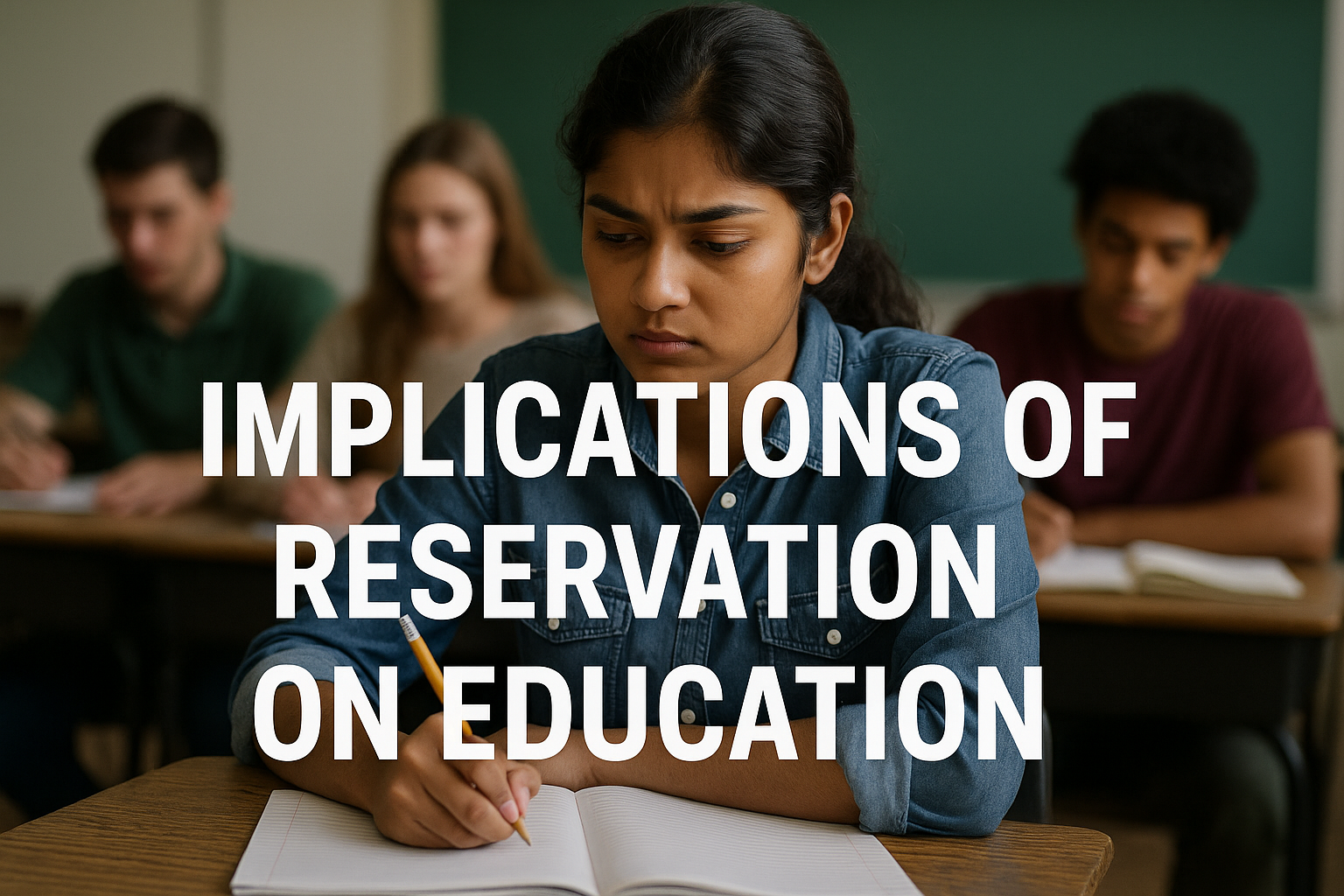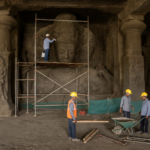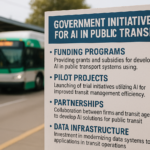
Are We Sacrificing Quality for Quantity? The Implications of Reservation on Education
New Delhi – The reservation system in India, aimed at ensuring equal educational opportunities for marginalized communities, sparks an enduring debate: Is the pursuit of educational equity through reservation compromising the quality of education? As India strives to expand higher education access to Scheduled Castes (SCs), Scheduled Tribes (STs), and Other Backward Classes (OBCs), concerns about maintaining academic standards in its premier institutions continue to intensify.
Background of the Reservation System
India’s reservation policy, a form of affirmative action, is designed to rectify historical injustices faced by marginalized groups by reserving a portion of seats in educational and public sector institutions.
- Policy Framework
- The system allocates up to 49.5% of seats in educational institutions for SCs (15%), STs (7.5%), and OBCs (27%), with additional provisions for economically weaker sections in the general category.
- Goals of Reservation
- Beyond rectifying social imbalances, the reservation system aims to foster a more inclusive society by broadening access to higher education for underrepresented communities.
Quality of Education Under Scrutiny
Critics argue that the reservation system, while noble in its intent, may lead to a dilution of academic standards, particularly in India’s elite universities and technical institutes.
- Academic Preparedness
- There is concern that some students admitted through reservation may be less prepared for the rigors of highly competitive programs, potentially impacting the overall academic environment and outcomes.
- Meritocracy Debate
- The emphasis on quotas is often seen as conflicting with merit-based admissions, raising questions about whether the best candidates are being chosen for advanced studies and research.
Impacts and Outcomes
The effects of reservation on the quality of education are multifaceted, influencing student dynamics, institutional reputations, and the broader educational landscape.
- Student Performance and Integration
- Studies and anecdotal evidence suggest varying impacts on student performance, with some reserved category students excelling while others struggle without adequate support mechanisms.
- Institutional Challenges
- Universities often face the challenge of balancing reservation policies with the need to maintain high academic standards, which can affect their rankings and global reputation.
Navigating the Trade-offs
The debate over reservation brings to the fore the trade-offs between social justice and academic excellence, prompting discussions on how best to integrate these goals.
- Enhancing Support Structures
- Implementing robust support systems such as remedial classes, tutoring, and mentoring can help bridge the preparation gap, ensuring that all students, regardless of their entry path, can succeed.
- Revisiting Reservation Criteria
- Some advocate for revising the reservation criteria to focus more on economic disadvantage rather than solely on caste or community, potentially aligning the system more closely with current societal needs.
- Fostering a Culture of Excellence
- Institutions can strive to foster a culture of academic excellence that accommodates diversity, ensuring that all students are held to high standards while receiving the support they need to meet them.
Conclusion
The reservation system in India’s educational sector is a complex and evolving policy, reflecting the nation’s commitment to social equity. While concerns about its impact on academic quality are valid, the broader benefits of creating a more inclusive and diverse educational environment cannot be overlooked. Balancing quality with equity will require continuous assessment and adaptation of the reservation policy, ensuring it serves the best interests of all students and the nation.




